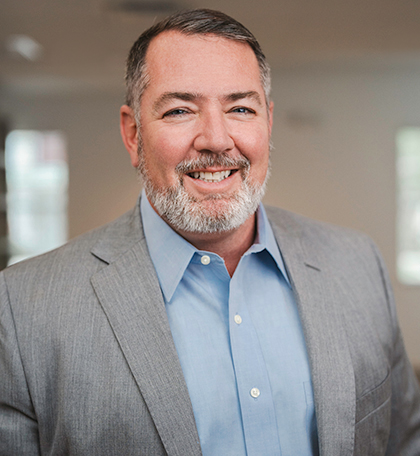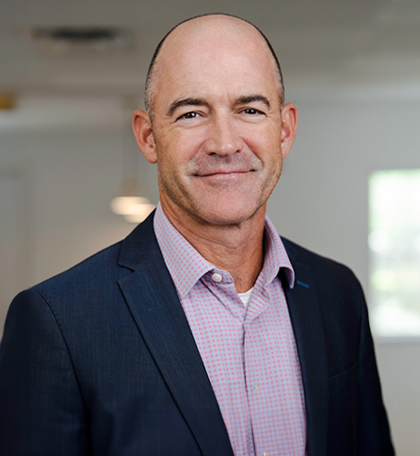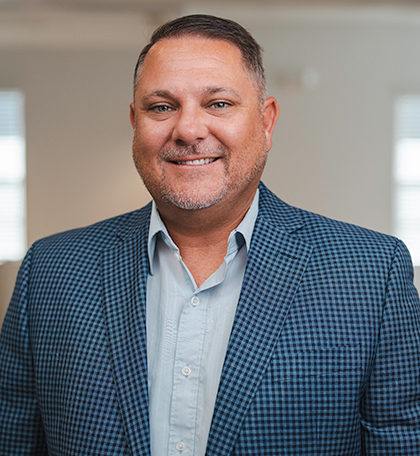Transcript:
Welcome back to Financial Foundations brought to you by Base Wealth Management where we are the foundation to your financial plan. I’m your host Dustin Taylor. I’m your co-host Alex Wolfe, Certified Financial Planner. There are always people who want to do things themselves, whether it’s installing a ceiling fan or investing their own assets. Today, we’re going to talk about some questions that a financial professional might ask someone who is thinking about investing their own assets. So Alex, what is the first question or topic for a potential client who is thinking about or weighing whether they should invest their own assets or hire a financial professional? Yeah, so we do come across people that are maybe they’re, you know, interviewing us, potentially think of doing it themselves and there’s ways to talk to them to see what their level of knowledge with investing is and you want to talk to them about like, okay, what’s your experience? How long have you been doing this yourself? What resources or research do you use?
And it can be like trying to poke holes in it, but not because I want to get their money by any means. I want to make sure that they know that we’re here to help them and show them what the benefits are to hiring us, but also make sure that they know like, okay, maybe I haven’t been doing this to my full capability or I don’t necessarily have the resources available to me to do the investing. So it’s, you know, what’s their comfortability? How has their investment experience been and what are things that they are looking for in a financial planner? We know that proper investing is a time commitment. So what would you ask to gauge their level there? Yeah, so how many hours a day or a week do they commit to investment, you know, planning, research? What practices do they use? And is that time consuming? Most likely it is.
And do they want to continue to do that, looking for help, someone to offload that to because they are busy. Busy is relative. Are they working? Are they retirement and they enjoy doing other things? But showing them, you know, why spending time on this or hiring a professional could benefit them from different aspects. Is it improving investment performance? Is it improving their tax efficiency or tax strategy? There’s a lot of things to consider when managing your investments yourself or hiring a professional. And emotion can play a big role whenever you consider the attachment to the money that you’ve earned. So what are some considerations in this topic? Yeah, it can be highly emotional. It could be polarizing, especially during times of uneasiness in the stock market or volatility. It could be based off of your political views and not having mental clarity to determine what types of investments should you be investing in or at least considering
and then researching that without confirmation bias.
And we’ve talked about different biases that people fall trapped to that could hurt their investment performance or use emotional or irrational thinking when making those decisions. And using a professional to take out that could definitely benefit a potential client. When it comes to financial goals, sometimes those can be quite complex or complicated. What are some questions that you might ask to gauge that? Yeah, so one big area that I always talk to existing and potential clients about is investing to help you accomplish your goals. If your goals and your investment strategy are not aligned, that can be a big problem. If you need to save money for a short-term goal versus a long-term goal, you wanna make sure that you’re accounting for that in your investment strategy. So I always lean on the financial plan before talking about investments. Without the plan, the investments are not necessarily useless, but you might not necessarily have the best strategy in place, whether it be income, growth, stability, those types of things to consider depending upon your goals and your overall financial picture. What do you ask to kind of gauge risk? Yeah, so we have great software that we use and a questionnaire to send them to gauge their level of risk. That’s also, again, if their investments are detached from their risk, they could be making highly emotional decisions.
If you see a big correction in the stock market and they’re the type of person that’s going to sell out entirely or a big portion of their portfolio, they probably weren’t invested for their risk tolerance to begin with. So it is important to show them what type of recommendation you have for their investments based on their risk tolerance and of their goals, their time horizon, their risk tolerance, and really align all those so they’re not going to be worried or kept up at night if they experienced volatility or a down market, that they know that they’re invested appropriately for each of those things. And lastly, how do you measure their accountability level or confidence in doing it themselves? Yeah, so to me that all comes with reviewing, like having them upload or show you their investment portfolio and talking like, how did you select these? Or did you know that you are allocated, you know, 90% of your portfolio in like technology? And it’s just kind of finding little things to give them little recommendations on and seeing why they are invested that way when they came to you and showing them like what the benefits of diversifying or having a better strategy could do for them, or at least reduce volatility or look at their risk-adjusted return.
They might have good returns, but on a risk-adjusted level it might not actually be that good due to the level of risk that they’re taking. They might not really be beating like an S&P 500 index by that much, but they might be taking considerably more risk. So it’s kind of showing them some recommendations or having them talk you through their thought process and seeing how confident they are in some of those decisions they’ve made, or talking to them about what would you do if you saw a market correction, or what would you do if we see higher inflation, and talking about some of those different scenarios or stress tests when looking at their investments. All right, so whether you want to do it yourself or you are interested in hiring a financial professional, you can find loads of resources on basewealthmanagement.com. There are videos, articles, and previous podcast episodes. Also, if you have any questions that you’d like to see us address or go over on the podcast, send those to us at question at basewealthmanagement.com. And also, to make sure you don’t miss future episodes, make sure you are subscribed to Financial Foundations on your favorite podcast listening app. I’m Dustin Taylor. I’m Alex Wolfe. And happy listening.




